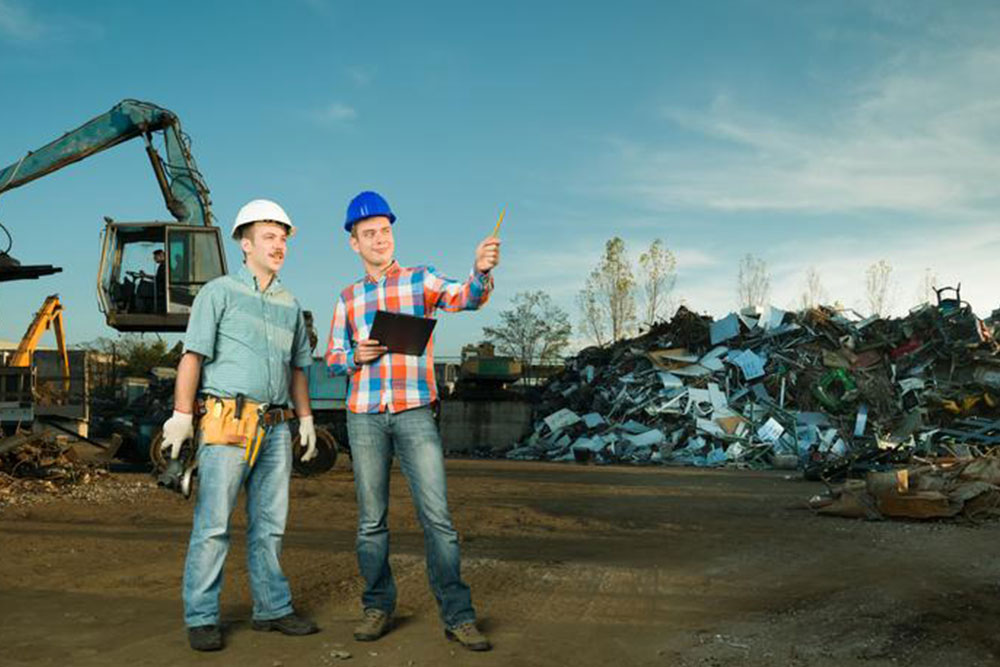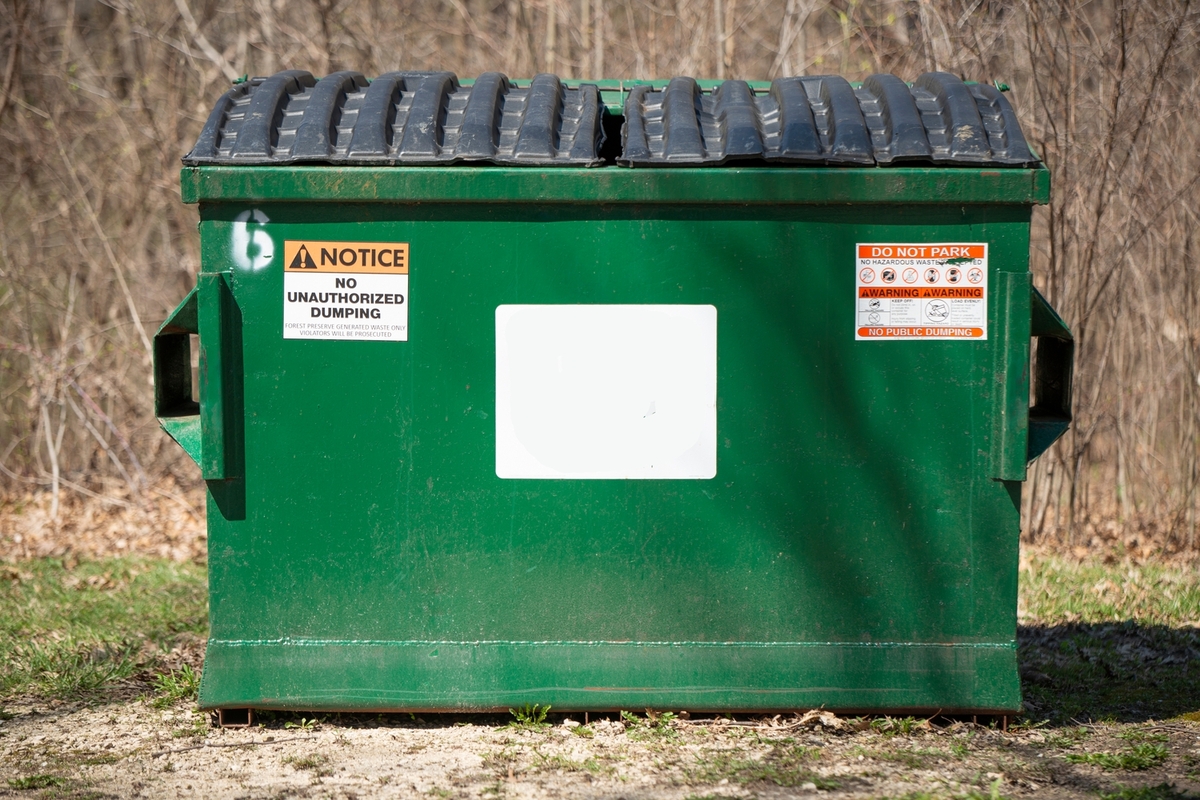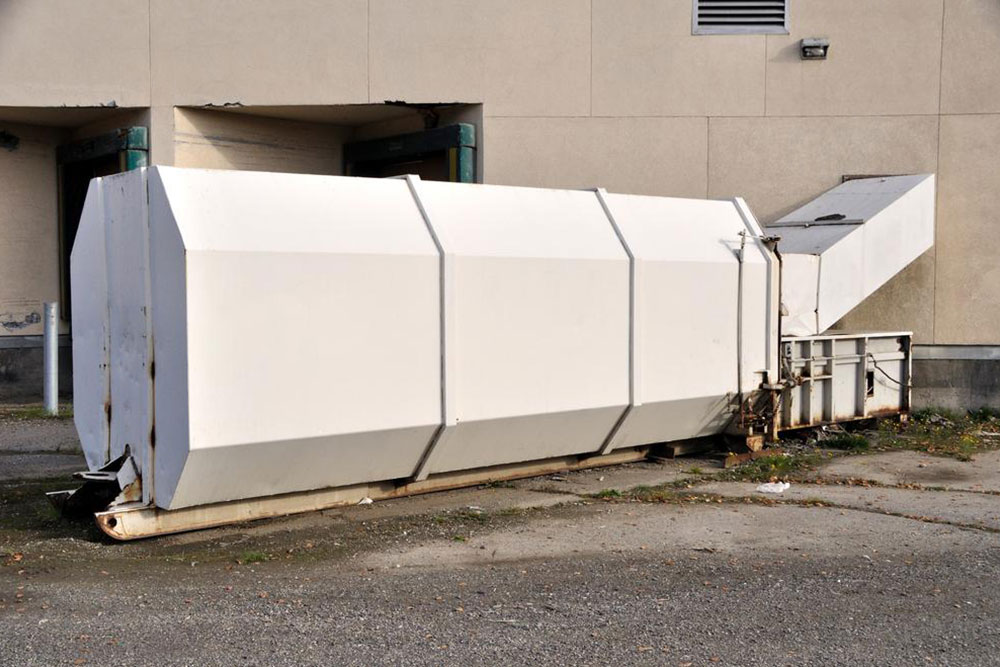Understanding Recycling Facilities and Their Role in Sustainability
Explore the importance of recycling centers in promoting sustainability. Modern facilities use cutting-edge technology to efficiently sort, process, and produce reusable materials, reducing environmental impact. These centers not only help conserve resources but also create jobs and lower costs for industries. Understanding their operations offers insight into effective waste management strategies essential for a greener future.

Understanding Recycling Facilities and Their Role in Sustainability
Modern recycling centers utilize advanced technology to promote effective, eco-friendly waste processing. Although waste management was conceptualized in the early 2000s, its widespread implementation gained momentum after 2010. The rapid growth of these facilities aims to foster a sustainable environment for both current and future generations by improving recycling practices.
What are recycling facilities? Imagine the waste we generate accumulating in one place, becoming a health and environmental hazard. Proper waste management addresses this issue by promoting recycling and reuse, reducing health risks and environmental impact.
Recycling centers help minimize space usage and maintain hygienic surroundings. They sort waste into recyclable and biodegradable materials, enabling the reuse of resources rather than manufacturing from raw materials every time. This process supports a sustainable approach to waste handling and resource conservation.
Many recycled materials serve as inputs for various industries, creating demand for reusable products that are cost-effective. Recycling centers are instrumental in producing raw materials for paper, plastic, metals, and more, often at lower costs than new production.
Recycling Facilities and Market Impact
Across the US, numerous recycling programs have been established, generating employment in waste segregation, processing, and logistics. The process involves multiple stages like cleaning, packaging, and transportation, all guided by thorough industry research. Innovative ideas are tested and standardized over time, leading to improved waste and recyclables management. Today, advanced technologies ensure efficient operations, delivering recycled materials that match the quality of new products at a fraction of the cost. These recycled goods re-enter the market, supporting sustainability and economic efficiency.










